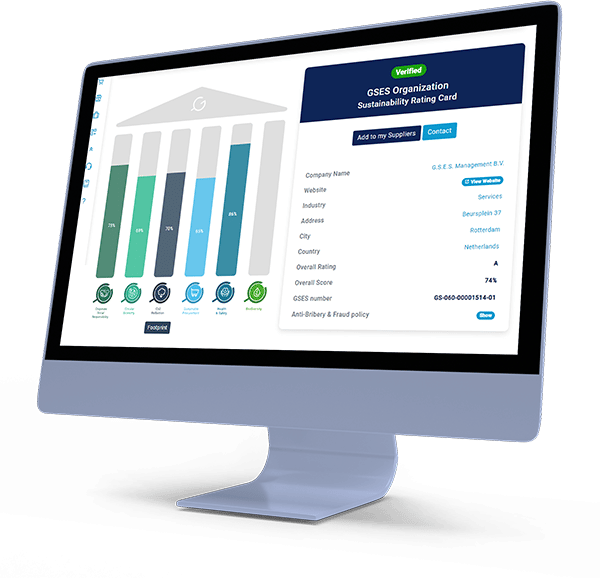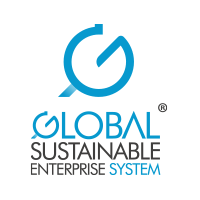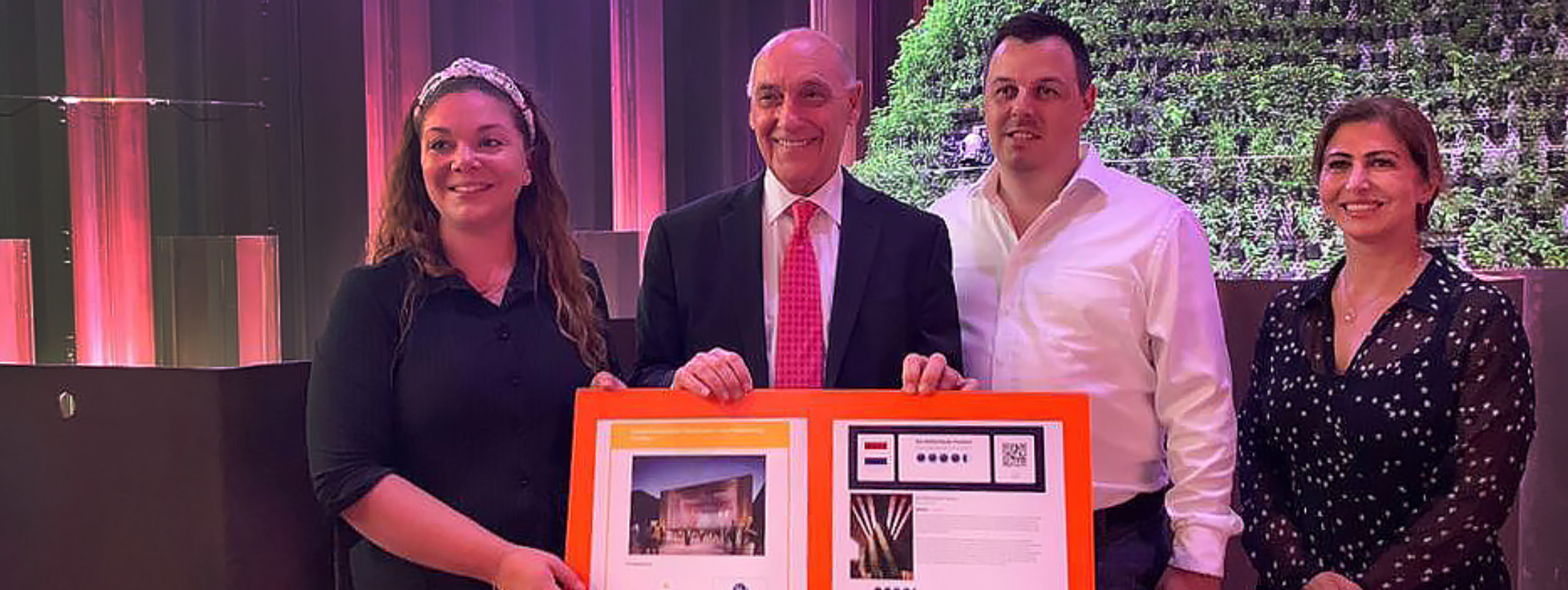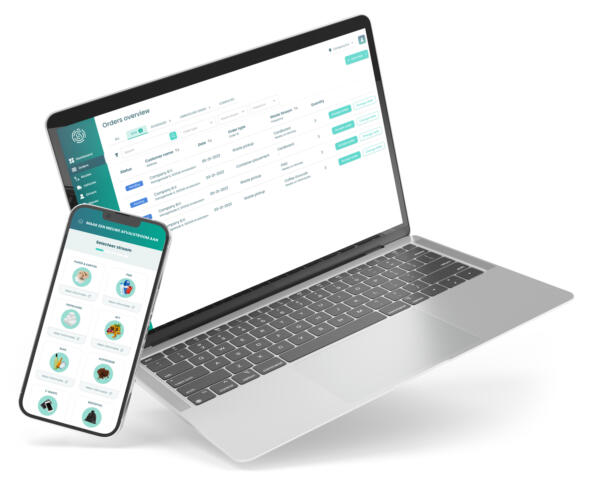GSES – Transparency Metrics and Certifications for Circular Economy
The Global Sustainable Enterprise System (GSES System) has been building and maintaining a digital platform for sustainability and (chain) transparency since 2019. The System is a comprehensive, Software-as-an-Service (“SaaS”) platform that offers product lifecycle management, supply chain management, supply chain risk monitoring, and certification of organizations, processes & products. Using more than 550 eco-labels, certificates and frameworks (incl. PEF, EPD, and LCA) in 1 ESG reporting system, the platform offers opportunities to compare presentations objectively.
Today, GSES collaborates with over 110 nations and operates in over 70 industries, making sustainability accessible and transparent.

"Our aim is to lead the way towards a universal language for people and institutions to act on sustainability"
GSES
Circular Footprint Certification
The Circular Footprint (CF) is part of the product certification standard of the GSES System – Sustainable Footprint Standard. The CF focuses entirely on the use of materials in a product and its circular performance. The calculation method is based on both material usage (input side) and post-use processing (output side). With the CF, the Sustainable Footprint Standard of GSES allows for a pragmatic start for calculating and certifying a circularity score for products.
In 2021, The Dutch Country Pavilion at the World Expo in Dubai was the first country to receive the GSES Circular Footprint® certificate. According to the certificate metrics, the circular footprint of the Dutch Pavilion was 95%. 90% of the pavilion’s total construction was reusable after use on the Expo site, and the pavilion used 100% recycled (and locally sourced) materials to build the structure.

Impact by raising awareness and developing ratings
The GSES platform helps organizations assess, verify and certify sustainability performance at the process, supply chain and product levels. By that, the company measure where the organisations currently stand, what has already been achieved and what needs to be done to really do business in a sustainable way. This creates awareness and offers opportunities to compare presentations objectively.
In addition, it can create valuable sustainability ratings for organizations in almost all sectors. A wide range of businesses, including the Province of Gelderland in the Netherlands, Univé, ABN Amro, Jumbo, Heerema Marine Contractors, and many other multinationals and corporate companies use the GSES System as their safe haven to make data driven decisions.
After a successful market introduction in the Netherlands at both public organizations and Dutch multinationals, the international roll-out is now being used to act as a worldwide standard.



